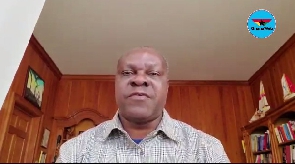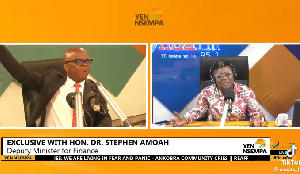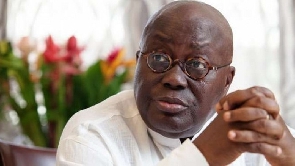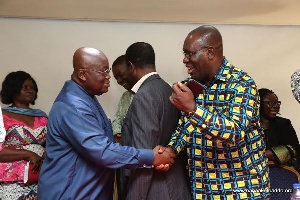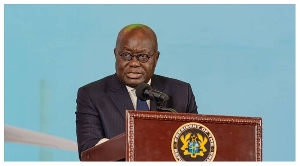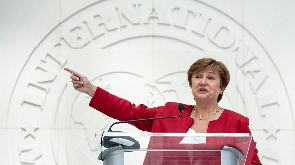 IMF Managing Director, Kristalina Georgieva
IMF Managing Director, Kristalina Georgieva
The International Monetary Fund (IMF) has urged Ghana’s government to improve the country’s energy sector governance architecture to address the challenges that have contributed to recent irregular electricity supply.
Dr Mohammed Amin Adam, Finance Minister, recently said that the Ghana’s energy sector has a financing gap of about US$1.9 billion.
He has since called for private sector investment in the energy sector, assuring that the government ha d set it up for profitability.
“Progress has been made in increasing transparency and in addressing the sector’s shortfall – including by implementing tariff increases, but more needs to be done to improve governance and reduce technical and commercial losses,” the IMF said.
The Fund said in a correspondence with the Ghana News Agency that the energy sector remained critical to Ghana’s economy, with current power disruptions “undoubtedly affecting many people’s lives.”
In response to the GNA’s inquiries, the Fund emphasized the significance of improving the energy sector’s governance framework, particularly addressing technical and commercial losses.
It said that under its current US$3 billion Extended Credit Facility (ECF) programme with Ghana, the Fund, in partnership with the World Bank, is supporting the government in implementing reforms in the sector.
“These reforms will take time, and we remain committed to working with the government to help build a more sustainable and resilient energy sector for Ghana’s future,” the Spokesperson, said.
In an interview with GNA, Nana Amoasi VII, Executive Director, Institute of Energy Security (IES), said the call by the Fund signified the need for enhanced transparency, accountability, efficiency, and effectiveness in managing and regulating the energy sector.
He said the IMF’s call also highlighted concerns about Ghana’s energy sector’s financial instability, particularly in the power sub-sector, which is influenced by issues such as debt mismanagement, low revenue generation, and fiscal indiscipline.
Nana Amoasi VII suggested that those concerns be addressed by a comprehensive strategy that includes legislative and policy reforms, stakeholder collaboration, monitoring and evaluation, public awareness, and technology innovation.
“It is equally important to consider strengthening regulatory institutions and ensuring policy consistency and coherence. We also cannot overlook the financial management and sustainability of the sector,” he said.
- #DumsorMustStop: Demo date changed to June 8, 2024
- Dumsor hits Supreme Court
- I’ll be the first to join Yvonne Nelson’s vigil if 'dumsor’ persists – Sidney
- Unilever 'tea operation leaving Ghana has nothing to do with dumsor' - MD
- I sleep beside my ‘widely-open’ fridge – Keche Andrew on how he deals with heat during ‘dumsor’
- Read all related articles



